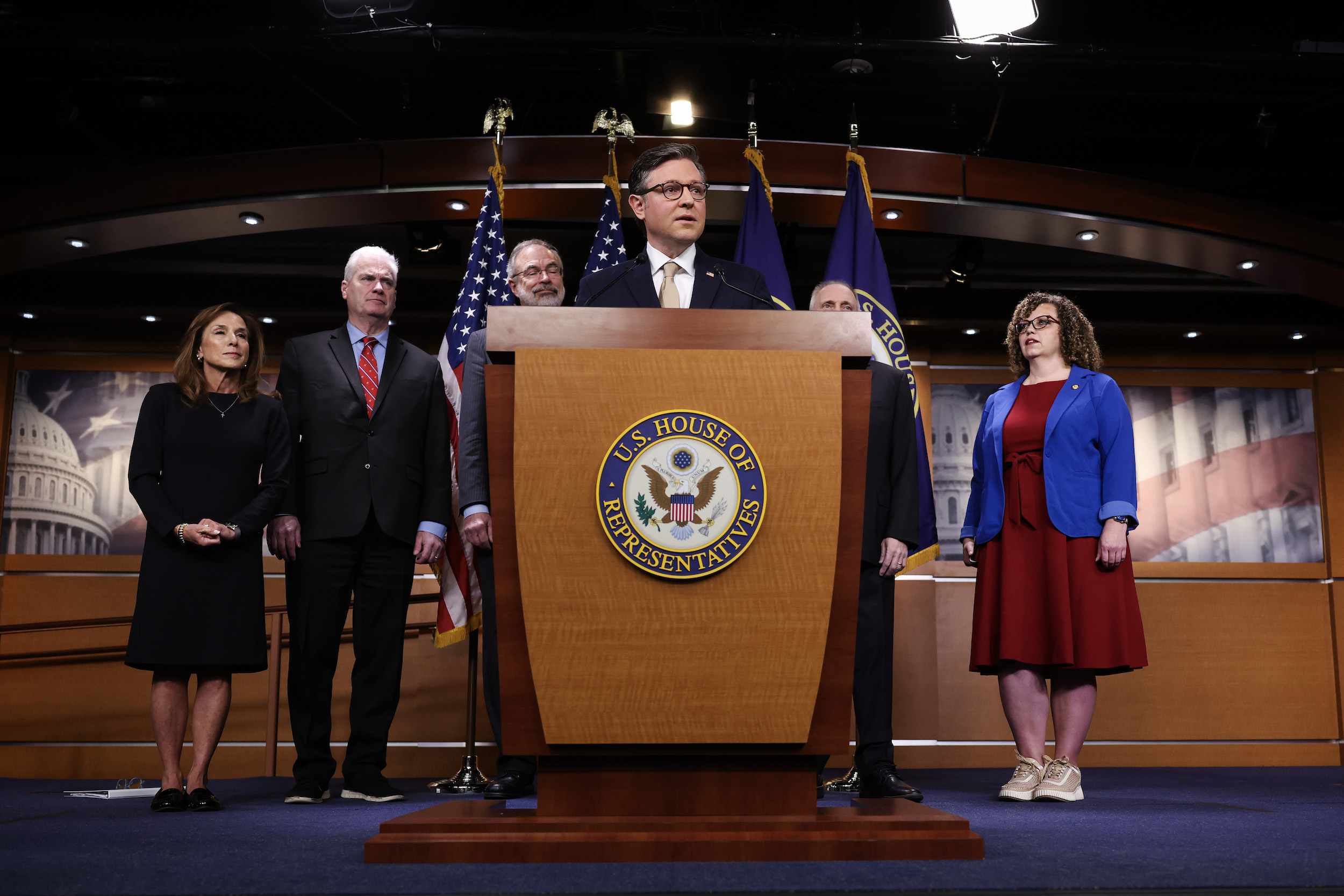Medicaid Overhaul: Scrutinizing Republican Ethics in Healthcare Reform
The ongoing debate surrounding Medicaid overhaul continues to spark intense political and ethical discussions, particularly regarding the role and actions of Republican lawmakers. This article delves into the complexities of proposed changes, focusing on the ethical considerations and potential consequences for millions of Americans relying on this vital healthcare program. We'll examine specific proposals, analyze their potential impact, and explore the ethical dilemmas facing Republican politicians involved in shaping these critical reforms.
The Proposed Changes: A Closer Look
Republican-led efforts to overhaul Medicaid often center on shifting the program from an open-ended entitlement to a per-capita cap or block grant system. This means states would receive a fixed amount of federal funding, regardless of the number of enrollees or rising healthcare costs.
- Block Grants: This approach transfers significant control over Medicaid funding and program design to individual states. While proponents argue this fosters greater state flexibility and efficiency, critics express concern about potential cuts to essential services and increased healthcare costs for vulnerable populations.
- Work Requirements: Many proposed reforms include work requirements for able-bodied adults receiving Medicaid benefits. While supporters believe this incentivizes employment and reduces dependency on government assistance, opponents argue it creates significant barriers to access for low-income individuals facing employment challenges, including disabilities, childcare responsibilities, and lack of transportation.
- Increased Premiums and Cost-Sharing: Several proposals include increasing premiums and cost-sharing for Medicaid recipients. This could lead to reduced access to care for those with limited financial resources, potentially resulting in worse health outcomes.
Ethical Implications of Republican-Backed Reforms
The ethical ramifications of these proposed changes are profound and far-reaching. The core question revolves around the moral obligation of government to ensure access to healthcare for all citizens, particularly the most vulnerable.
- Equity and Access: Shifting Medicaid to a block grant system raises serious concerns about equity and access to care. States with limited resources may struggle to provide adequate coverage, potentially resulting in disparities in health outcomes across different regions.
- Transparency and Accountability: The lack of transparency surrounding some proposed reforms raises concerns about accountability. The potential for reduced access to healthcare and increased healthcare costs needs to be thoroughly investigated and debated publicly.
- Impact on Vulnerable Populations: Changes like work requirements and increased cost-sharing disproportionately affect vulnerable populations, including the elderly, people with disabilities, and low-income families. This raises ethical questions about fairness and the societal responsibility to protect the most vulnerable members of society.
The Role of Lobbyists and Campaign Finance
It's crucial to examine the influence of lobbyists and campaign finance on the shaping of Medicaid reform proposals. The pharmaceutical industry, healthcare providers, and other special interest groups exert considerable influence on political decision-making. This raises concerns about potential conflicts of interest and the prioritization of profit over public health.
Understanding the financial ties between politicians and these influential groups sheds light on potential biases impacting policy decisions. Transparency in campaign finance is paramount to ensure accountability and prevent undue influence on legislation affecting millions of lives.
Conclusion: A Call for Ethical Deliberation
Medicaid overhaul is not just a policy debate; it’s a moral imperative. The ethical considerations surrounding Republican-led reforms demand careful scrutiny and open public discourse. We need a thorough examination of potential impacts on vulnerable populations, a commitment to transparency and accountability, and a renewed focus on ensuring equitable access to quality healthcare for all Americans. The decisions made today will have profound consequences for generations to come.
Further Reading:
- [Link to a reputable source on Medicaid statistics]
- [Link to a reputable source on healthcare ethics]
- [Link to a relevant news article from a respected news outlet]
Disclaimer: This article presents an overview of the ongoing debate and does not endorse any specific political viewpoint. It encourages informed discussion and critical analysis of the ethical implications of proposed Medicaid reforms.

